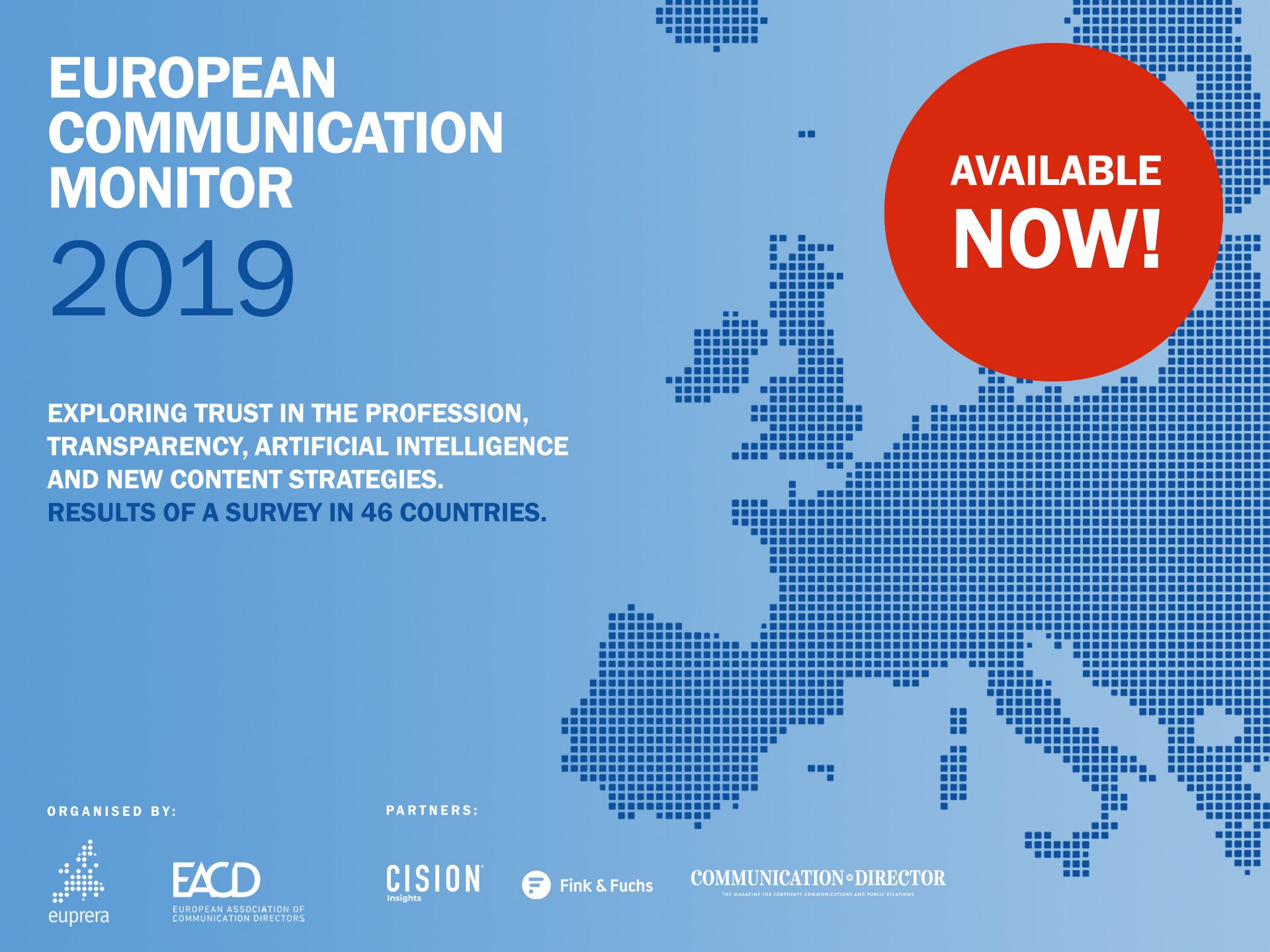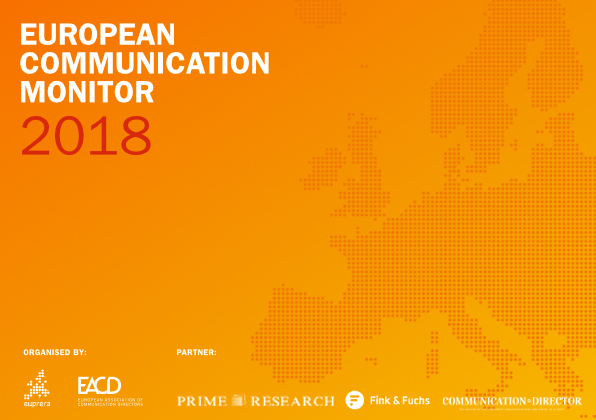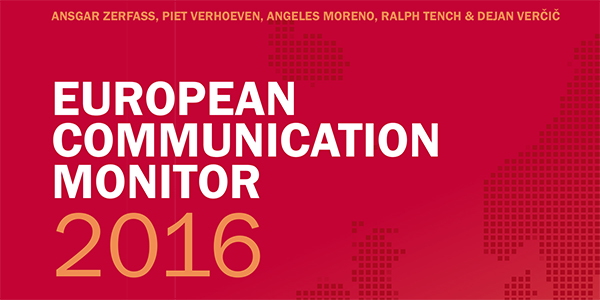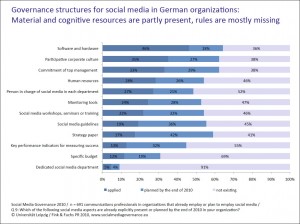Results of the latest CIVEY survey conducted by Fink & Fuchs as part of “Navigating AI” – an online event in cooperation with the German Association for Human Resource Management (DGFP) and the German Research Center for Artificial Intelligence (DFKI)
Artificial intelligence (AI) is playing an increasingly important role in the digital transformation of the working world. At the same time, the topic of AI is surrounded by fears, hypes and myths, especially with regard to HR work. How do employees in Germany feel about the use of AI-based systems in their work environment and specifically in the area of HR? To answer this question, Fink & Fuchs AG surveyed around 1,600 employees and HR professionals via the opinion research company Civey. The results show that artificial intelligence (AI) is still more of a trend than a reality for most companies. The attitude of respondents toward AI fluctuates between optimism and skepticism.
New opportunities through AI
Not even a quarter of the respondents reported that their company uses chatbots or other AI-based tools. Yet many respondents associate positive expectations with AI: for example, half of employees and HR professionals believe that companies will be more successful in the long term thanks to AI support. A clear majority believe that AI will create new job profiles – employees (84.9 percent) even more so than HR professionals (66.1 percent).
AI recommendations are accepted – if they are in line with one’s own assumptions
In terms of their own working lives, however, the opinion picture is much more critical. More than three quarters of HR professionals (77.5 percent) and 57.4 percent of employees would not follow the recommendations of artificial intelligence if they contradicted their own assumptions.
Basically, around half of all respondents rate a scenario as negative in which AI also takes over more complex tasks from their field of work. The acceptance of AI in decision-making processes is therefore low when it becomes concrete, however. Especially when AI decisions influence a person’s career. For example, HR managers in particular reject (59.4 percent) the idea of using AI-supported analyses to make personnel decisions. Among the employees surveyed, 53.3 percent reject this basis for decision-making.
HR particularly skeptical: More value-neutral decisions through AI?
HR staff in particular doubt that AI systems make more value-neutral decisions (41.6 percent). Only 13.3 percent agree that this is the case. Among salaried employees, both positions are balanced at around 28 percent each.
When it comes to working with AI, with text-based dialog systems, for example, most of the participants consider themselves to be confident. Despite this fact, two-thirds would not disclose more information to a human-looking chatbot than to a less human-looking one.
AI: Assistance instead of competition
“As the survey results show, AI has only played a minor role in the operational HR practice of German companies thus far,” analyzes Elisabeh Bartke from the DGFP. However, the interest of HR professionals in this sensitive topic has increased significantly since the outbreak of the corona pandemic at the latest, Bartke adds. “In the medium term, AI will soon be indispensable and will at least take over administrative tasks to relieve employees in the HR area. The demand for skills such as communication skills, interdisciplinary thinking and digital understanding will thus come even more to the fore.”
DFKI company spokesman Reinhard Karger is convinced that AI can support HR professionals: “The level of maturity achieved by the technologies is ready for practical use, the digitalization of companies is advanced, and the EU’s planned AI regulation creates a legally secure framework for the productive use of AI in HR. Now it’s a matter of not getting lost in imaginary human-machine competition, but defining concrete assistance functions so that powerful tools can be developed for the diverse knowledge work in HR.”
Survey in the context of “Navigating AI” – a new online format by Fink & Fuchs, the DGFP and the DFKI
Fink & Fuchs initiated and designed the Civey survey as part of the online event “Navigating AI – Artificial Intelligence and Human Resources,” a cooperation with the German Association for Human Resource Management (DGFP) and the German Research Center for Artificial Intelligence (DFKI).




